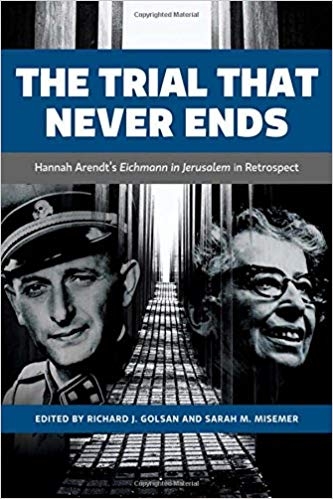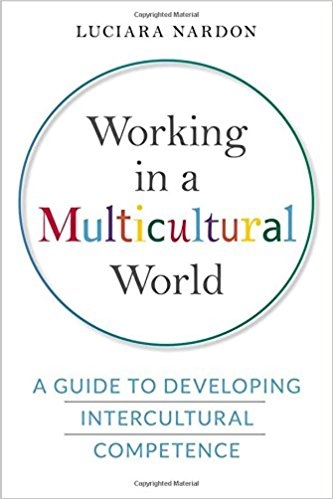
The Trial That Never Ends: Hannah Arendt’s ‘Eichmann in Jerusalem’ in Retrospect
The Trial That Never Ends • Hannah Arendt's 'Eichmann in Jerusalem' in Retrospect
By: Richard J. Golsan & Sarah M. Misemer
255 pages • ISBN 978-1487501464
Although the fiftieth anniversary of the Adolf Eichmann trial was in 2012, there has recently been a renewed focus on the trial, Eichmann himself, and the nature of his crimes. This increased attention also stimulates scrutiny of Hannah Arendt’s influential and controversial work, Eichmann in Jerusalem.
The contributors gathered together by Richard J. Golsan and Sarah M. Misemer in The Trial That Never Ends assess the contested legacy of Hannah Arendt’s famous book and the issues she raised: the "banality of evil", the possibility of justice in the aftermath of monstrous crimes, the right of Israel to kidnap and judge Eichmann, and the agency and role of victims. The contributors also interrogate Arendt’s own ambivalent attitudes towards race and critically interpret the nature of the crimes Eichmann committed in light of newly discovered Nazi documents. The Trial That Never Ends responds to new scholarship by Deborah Lipstadt, Bettina Stangneth, and Shoshana Felman and offers rich new ground for historical, legal, philosophical, and psychological speculation.
Richard J. Golsan is a University Distinguished Professor in the Department of International Studies at Texas A & M University. He is also the director of the Melbern G. Glasscock Center for Humanities Research.
Sarah M. Misemer is an associate professor in the Department of Hispanic Studies at Texas A & M University. She is also the associate director of the Melbern G. Glasscock Center for Humanities Research.
"The essays in The Trial That Never Ends are interesting, readable, and offer fresh takes on the ongoing controversy surrounding Hannah Arendt’s Eichmann in Jerusalem." (Lida Maxwell, Associate Professor of Political Science, Trinity College)
"The Trial That Never Ends provides a comprehensive and definitive account of the true historical and philosophic meaning of Hannah Arendt’s Eichmann in Jerusalem. The essays respond to many of the charges levelled in recent years against Arendt and her work. We come to see that Eichmann in Jerusalem was not only a valiant attempt to grapple with the horrific past; it also peered prophetically into the evils that lurked ahead for the Jewish people, the state of Israel and indeed for civilization itself." (Nalin Ranasinghe, Professor of Philosophy, Assumption College)









